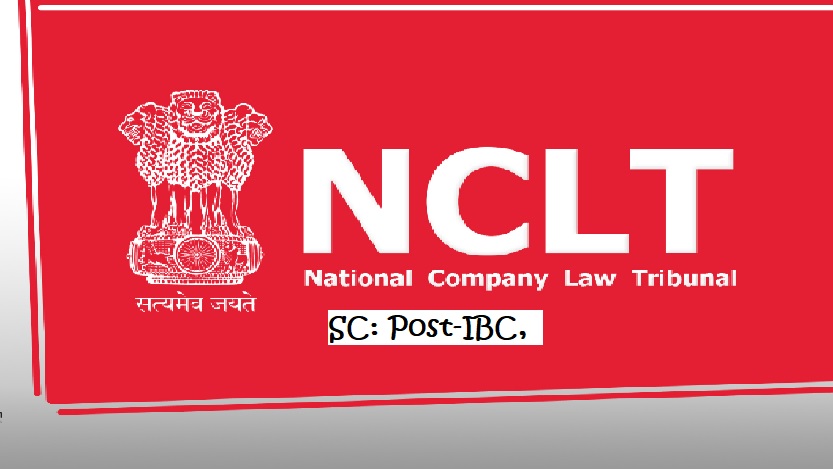


The Supreme Court has ruled that under Section 240A of the Insolvency and Bankruptcy Code, 2016 (IBC), a corporate debtor's promoter remains eligible to submit a resolution plan even if the entity is registered as a Micro, Small, and Medium Enterprise (MSME) after the commencement of the Corporate Insolvency Resolution Process (CIRP). The decision overturns a National Company Law Appellate Tribunal (NCLAT) order declaring a promoter ineligible due to obtaining an MSME certificate post-CIRP initiation.
On April 6, 2021, Shree Aashraya Infra-Con Limited entered CIRP under IBC, and on July 15, 2021, it secured MSME registration. Mr. Hari Babu Thota served as the appointed Resolution Professional. The amendment to IBC on November 23, 2017, introduced Section 29A, listing individuals ineligible to submit a resolution plan, including promoters and related parties. Section 240A, effective June 6, 2018, exempted MSME corporate debtors from Section 29A restrictions, allowing promoters to submit resolution plans.
Despite obtaining approval from the Committee of Creditors, the NCLT on February 28, 2023, rejected the resolution plan, citing the post-CIRP MSME certification. The NCLAT upheld this decision on June 2, 2023, relying on precedent and asserting that post-CIRP MSME certification disqualifies promoters from benefiting under Section 240A.
Sections 29A(c), (g), and (h) detail disqualifications related to corporate debtor promoters. Section 29A(c) bars those with accounts classified as non-performing assets (NPAs) for a year from the CIRP date. Section 29A(g) disqualifies promoters involved in preferential, undervalued, fraudulent, or extortionate transactions if the NCLT issued an order. Section 29A(h) disqualifies those who provided a guarantee to a creditor in insolvency proceedings against the corporate debtor, and the guarantee remains unpaid.
The Supreme Court found no NPA concept applicability, given the absence of overdue bank dues. Only one preferential transaction was identified, with no NCLT order. Section 29A(h) lacked factual application. Consequently, the Promoter of the Corporate Debtor, under Section 29A, was not inherently disqualified from presenting the plan.
Reference was made to the 2018 Insolvency Law Committee Report, discussing exemptions for MSMEs from Section 29A. The report emphasized preventing MSME liquidation to safeguard employee livelihoods and granted exemptions to MSME corporate debtors. The rationale centered on allowing non-wilful defaulter promoters to bid for MSMEs in insolvency, as MSME businesses primarily attract interest from their promoters.
In essence, the Supreme Court's judgment clarifies that post-CIRP MSME registration does not disqualify promoters from utilizing Section 240A to submit resolution plans. The decision aligns with the intent to protect MSMEs and their employees, emphasizing exemptions for non-wilful defaulter promoters in MSME insolvency proceedings, as outlined in the Insolvency Law Committee Report.
TAGS: Promoter Eligibility Exemptions for MSMEs Wilful Defaulter Liquidation Employee Livelihood Resolution Plan Precedent